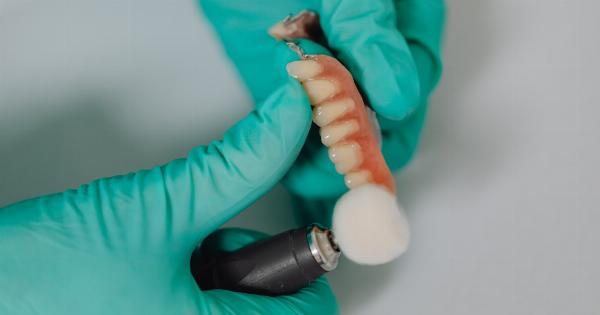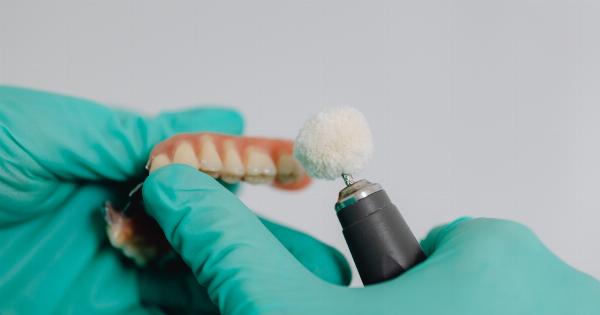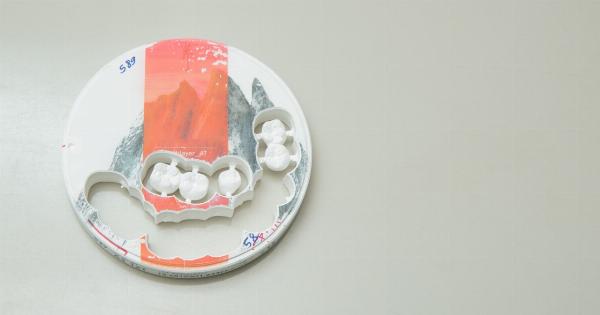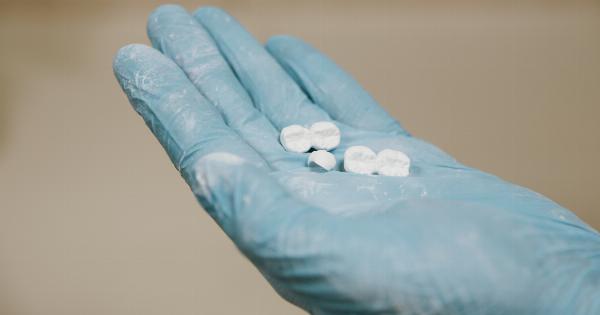When it comes to maintaining and preserving dental implants, certain medications can pose risks and potential complications.
While these medications are generally safe for most individuals, they can interfere with the proper healing and integration of dental implants. It is important for individuals who have undergone dental implant surgery to be aware of these medications and take necessary precautions to avoid any adverse effects.
1. Bisphosphonates
Bisphosphonates are commonly prescribed for the treatment of osteoporosis and certain types of cancer that cause bone metastasis.
While they can be extremely beneficial for preventing bone loss and strengthening bones, they can also hinder the healing process of dental implants. Long-term use of bisphosphonates can lead to a condition called osteonecrosis of the jaw, where the jawbone starts to weaken and die.
Patients on bisphosphonates should consult with their dentist and oral surgeon to evaluate the risks and benefits of dental implant surgery.
2. Anticoagulants
Anticoagulant medications such as warfarin, aspirin, and other blood-thinning drugs are commonly prescribed to individuals at risk of blood clots or stroke.
While these medications are crucial for those with cardiovascular conditions, they can increase the risk of excessive bleeding during and after dental implant surgery. Dentists and oral surgeons should be informed about the use of anticoagulant medications to take appropriate precautions and control bleeding during the procedure.
3. Non-Steroidal Anti-Inflammatory Drugs (NSAIDs)
NSAIDs such as ibuprofen and naproxen are commonly used to relieve pain and reduce inflammation. However, chronic use of NSAIDs can interfere with the normal healing process after dental implant surgery.
These medications can inhibit the production of certain factors responsible for bone formation and delay the osseointegration of the implant. Temporary use of NSAIDs for pain management is generally safe but should be discussed with the dental professional to optimize healing.
4. Corticosteroids
Corticosteroids, such as prednisone, are potent anti-inflammatory medications often prescribed for various autoimmune disorders, severe allergies, and other medical conditions.
While they can provide relief from pain and swelling, they can delay the healing process of dental implants. Prolonged use of corticosteroids may impair the immune response and compromise the overall success of the implant. Dentists should be aware of the patient’s corticosteroid use and plan the dental implant procedure accordingly.
5. Antidepressants
Antidepressants, particularly selective serotonin reuptake inhibitors (SSRIs), are widely prescribed for the treatment of depression, anxiety disorders, and other mental health conditions.
These medications can potentially cause a decrease in salivary flow, leading to a dry mouth. Reduced saliva production can increase the risk of dental issues such as gum disease and dental implant complications.
Patients on antidepressants should maintain excellent oral hygiene and be closely monitored by their dentist to prevent any implant-related problems.
6. Immunosuppressants
Immunosuppressant drugs are commonly used to prevent organ rejection in transplant recipients or to manage autoimmune diseases such as rheumatoid arthritis.
These medications work by suppressing the immune system, making individuals more susceptible to infections and impairing the healing process. Dental implant surgery involves a minor surgical procedure, and patients on immunosuppressants should be carefully evaluated and monitored to prevent any complications.
7. Antacids with Aluminum
Some antacids contain aluminum, which can interfere with the healing process of dental implants. Aluminum can lead to the formation of fibrous tissue around the implant, preventing proper bone integration.
Patients who need antacids should consult with their dentist or oral surgeon about alternative medications or strategies to minimize any adverse effects on dental implants.
8. Antihistamines
Antihistamines are commonly used to relieve allergy symptoms such as sneezing, itching, and runny nose. However, they can also cause dry mouth, which can increase the risk of dental problems and implant complications.
Patients on antihistamines should maintain good oral hygiene and consider using saliva substitutes or other products that promote saliva production.
9. Chemotherapeutic Agents
Chemotherapeutic agents are powerful medications used to treat cancer by killing rapidly dividing cells. However, these medications can also affect the oral tissues and compromise the success of dental implants.
Patients undergoing chemotherapy should consult with their oncologist and dentist to evaluate the timing and feasibility of dental implant surgery.
10. Anticonvulsant Medications
Anticonvulsant medications, such as phenytoin and carbamazepine, are commonly prescribed for the management of seizures in individuals with epilepsy and certain neurological disorders.
These medications can cause excessive gum tissue growth, making it difficult to properly clean and maintain dental implants. Regular monitoring and professional cleaning by a dental hygienist are essential for patients taking anticonvulsant medications.
Conclusion
While these medications have proven benefits for various medical conditions, they can have implications when it comes to maintaining dental implants.
It is essential for patients to inform their dentists about all medications they are taking to ensure proper treatment planning and minimize the risk of complications. Dentists and oral surgeons should stay up-to-date with patients’ medication profiles and collaborate with other healthcare professionals to provide optimal dental care for individuals with dental implants.























